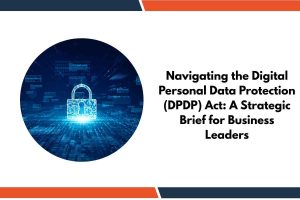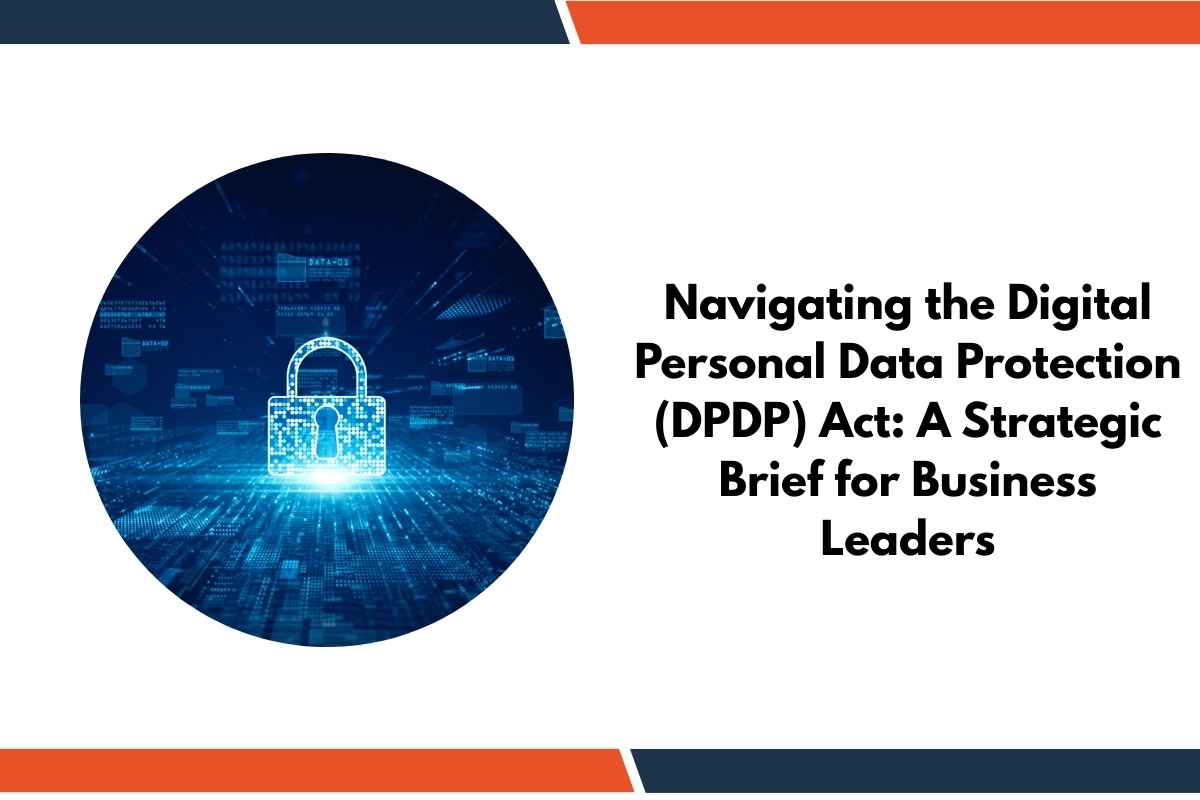That Email Went to Spam… And Now My Right is Gone?
We’ve all been there. You miss a critical email, and chaos ensues. But what if that lost email could cost you your valuable brand? In our increasingly digital world, proving that an electronic notice was actually received has become a major challenge, especially in trademark legal proceedings where deadlines are everything. A landmark ruling from the Madras High Court in the case of Ramya S. Morthy vs. The Registrar of Trademarks tackles this issue head-on, providing a powerful safeguard for anyone navigating the trademark application process evaluating the burden of proof on the delivery of trademark opposition notice. This case highlights the court’s commitment to natural justice and ensuring due process in the digital era.
Also Read : How the Madras High Court IP Division Is Redefining Trademark Law in India
The Case of the “Abandoned” Trademark
The situation was a nightmare scenario for any applicant.
- The Applicant: Ramya S. Morthy filed applications to register her trademarks.
- The Registrar: The Trademark Registry claimed it had sent opposition notices to her electronically.
- The Problem: The petitioner, Ramya, flatly denied ever receiving these emails.
- The Consequence: Because she never received the notices, she didn’t file the required counter-statements in time. As a result, her trademark applications were declared “abandoned”—essentially, gone.
This created a crucial legal question that affects every single person who interacts with government bodies online.
Also Read : Rectification & Counterclaims: Procedural Innovations in Madras High Court IP Cases
The Core Question: When Does the Clock Actually Start Ticking?
The entire dispute boiled down to one simple but profound question: When does the two-month deadline for a response begin?
- Does it start from the dispatch of the electronic notice (when the server says it was sent)?
- Or does it start from the actual receipt by the applicant (when the person genuinely gets it)?
This was a classic conflict between the administrative rules, which suggested dispatch was enough, and the parent law (The Trademarks Act), which clearly stated “from the receipt by the applicant”.
Also Read : Pharma Trademarks & Public Health: The IMOX vs. INIMOX Verdict Explained
The Court’s Ruling: The Right to Be Heard Trumps Technicalities
Justice Senthilkumar Ramamurthy’s reasoning was crystal clear: fundamental fairness must prevail over administrative convenience. The court sided with the applicant, emphasizing several key principles of natural justice.
- The Law is King: The court ruled that the parent Act’s clear language—requiring actual “receipt”—unequivocally wins over any conflicting subordinate rules. Rules cannot override the law itself.
- Notice Means Communication: The entire point of a notice is to effectively communicate and provide an opportunity to be heard. If the notice isn’t actually received, that purpose is defeated.
- A Server Log Isn’t Proof: The court found that a mere server log showing a “successful transmission” is not enough to prove actual receipt, especially when faced with a credible denial from the applicant. You need more than just a “sent” receipt.
- Upholding Audi Alteram Partem: The decision powerfully upholds the fundamental legal right of Audi Alteram Partem—a Latin phrase meaning “let the other side be heard”. Procedural fictions cannot be used to extinguish this substantive right.
The court quashed the abandonment orders and reinstated Ms. Morthy’s applications, ensuring she got a fair chance to defend her trademarks.
Also Read : Can You Trademark a Common Word? A Deep Dive into the ‘STAR’ Battle
Conclusion: A Vital Safeguard in the Digital Age
The Ramya S. Morthy case is a crucial protection for every individual and business in our digital world. It sends a powerful message that administrative processes must serve justice, not just efficiency.
This ruling from the Madras High Court confirms that when it comes to legal deadlines, actual communication is the standard, not just mere dispatch. It’s a vital reinforcement of due process in the digital era, ensuring that a lost email doesn’t mean a lost right.
If an IP dispute is impacting your revenue or brand in Chennai or anywhere in Tamil Nadu, don’t wait. Connect with Trademark Lawyers or Legal Consultants in Chennai to review your documents, stress-test your legal position, and outline clear, actionable options to enforce you trademark rights.
Author:
Suresh Kumar is an Advocate at the Madras High Court and Managing Attorney at Unimarks Legal Solutions, Chennai. Since 2008, he has focused on trademark enforcement and litigation across the Madras HC IP Division, Commercial Courts, and District Courts in Tamil Nadu.
Disclaimer: The content provided here for Information purpose only; it shall not be construed as a legal advice. Last reviewed: August 2025.





